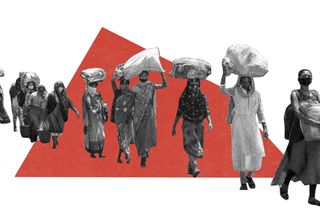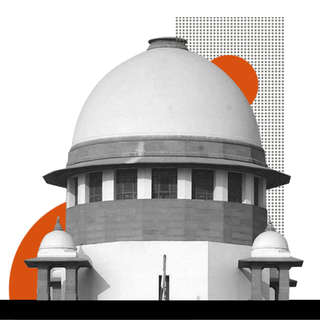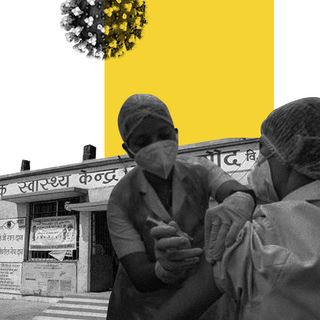
Give Wages, Arrange Trains for Migrant Workers Impacted by Covid19 Curfews: Academics
“The government has, once again, failed the people,” says a letter signed by more than 150 civil service members and academics.

As curfews and lockdowns across states result in job loss and uncertainty once again, academics and students urged the government to safeguard migrant workers in a letter with more than 150 signatories.
The letter asks the center to arrange special trains for transporting stranded workers, pay wages, give free grains, and ramp up awareness around the second wave and vaccination.
The appeal to safeguard migrants’ interests comes as experts worry about a “Migrant Crisis 2.0.” Reports of workers queuing in front of bus stands and train stations, and returning to villages as economic activity falters in cities, paint a grim but familiar picture. Last year’s migrant exodus resulted in the displacement of more than 11 million people, with almost 100 million people pushed out of formal employment and women being most severely impacted. It was believed to be India’s largest humanitarian crisis since the partition.
“Like last year, informal workers have been left to fend for themselves and among them, migrant workers are once again in extremely precarious situations,” academics and civil society members noted.
Related on The Swaddle:
Podcast: Understanding the Migrant Labour Crisis in India
In contrast, the government on Monday noted there is no reason to panic, especially because there is no complete national lockdown, unlike last year. “Migrant crisis is not as big as it was last year… It is not a complete national lockdown. It is a local lockdown, the industry is working … That panic is also not there,” Food Secretary Sudhanshu Pandey said in a virtual press meet. Presently, almost 81% of the workers who are either still stranded or are in their homes stated that work had stopped due to locally declared lockdowns/restrictions, the Stranded Workers’ Action Network (SWAN), noted in a recent study. SWAN surveyed more than 150 workers in April and found only 18% had received any money from their employer since the work had stopped.
Recently, the Delhi High Court urged the government to prepare for migrant workers and daily wagers who wish to return to their homes and ensure amenities like cooked meals, dry ration, water, shelter, clothing, medication, etc. However, food security activists had to write to the Delhi government to release rations for May and to create a food distribution system for those without ration cards.
As of April, over 7 million people lost jobs during the second wave of the pandemic. In last year’s reverse migration, almost 40% of migrants couldn’t find work in their rural hometowns. The magnitude of the exodus will stretch MGNREGA (Mahatma Gandhi National Rural Employment Guarantee Act) employment schemes to their limit, which is also why experts are pushing for an expansion in funding for both MGNREGA and PMGKAY (Pradhan Mantri Garib Kalyan Anna Yojana) to ensure access to livelihood and food security.
Well-known activists like Harsh Mander and Anjali Bhardwaj also wrote to the Supreme Court to urge the bench to take cognizance of pending suo motu migrant worker cases. The letter states, “We, therefore, felt it was urgent to raise the issues of securing food and social security for the poor, during this even more lethal second phase of the pandemic, where state governments are increasingly resorting to lockdowns. This has disrupted even the slow revival of the economy, deepened the economic recession, witnessed again the mass distress return of the migrants to their villages, and all of this will only further aggravate the intense humanitarian crisis that the country is enduring.”
Related


Release ‘Vulnerable’ Prison Inmates to Decongest Jails During Covid19: SC
